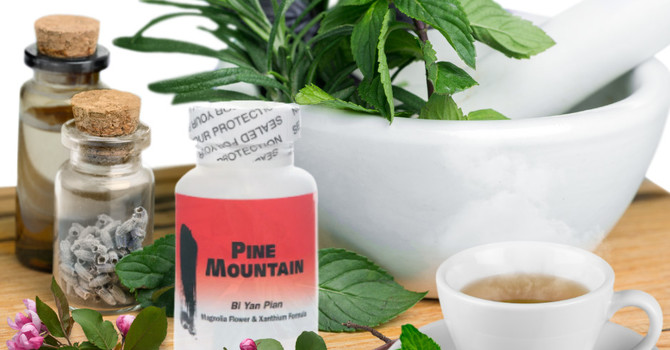What is Chinese medicine?
Chinese medicine is the world’s oldest and most comprehensive medical system. It encompasses various practices, including meditation, diet and exercise, acupuncture, and herbal remedies. Additionally, Chinese medicine incorporates techniques such as manipulation, massage, and gentle warming therapies. Originating in China, Chinese medicine dates back to the Neolithic period, around 3000 BCE. One of its earliest and most influential texts is the "Huangdi Neijing," written between 300 BCE and 600 BCE. Jesuit missionaries documented the first European encounters with Chinese medicine in the 16th century.
What is Chinese herbal medicine?
Chinese herbal medicine is a significant cultural and scientific practice that has been used in Asia for over two millennia to combat acute and chronic diseases. Extensive experience and ongoing research have shown that these herbs contain active chemical constituents that enhance the effectiveness of Western medical treatments and reduce the side effects of pharmaceuticals. Traditionally, Chinese herbs are prepared by boiling various plant parts to create a potent tea; however, many Westerners prefer standardized powdered or dried extracts for their better taste. Tablets and capsules are also made from these extracts. Acute illnesses requiring prompt treatment, such as flu and herpes, are typically addressed with herbs for one to 30 days. Chronic conditions like hypertension and type 2 diabetes may require longer treatment, often lasting three months to a year or more.
How does herbal medicine work?
Chinese herbal medicine is both a cultural tradition and a scientific field. For over two millennia, Chinese herbs have been used in Asia as a primary defense against acute diseases and for treating chronic conditions. Over this long history, a wealth of experience has been accumulated, and both commentaries and clinical guides are continuously updated. Research conducted by scientists in both Asia and the West has shown that herbs contain active chemical compounds responsible for many of their therapeutic effects. Extensive clinical studies and research in the West over the past several decades have demonstrated that Chinese herbs can significantly enhance the effectiveness of Western medical treatments and help mitigate the toxic side effects of pharmaceuticals. Traditionally, Chinese herbs have been prepared by boiling roots, branches, leaves, fruits, berries, and crushed shells for extended periods, resulting in a pungent tea that is consumed. In contrast, Westerners generally prefer powdered or dried extracts of these herbs, which are scientifically processed to standardize their active ingredients and improve their taste. Tablets and capsules can also be made from these powders and extracts. Acute illnesses that arise suddenly and require prompt treatment are typically addressed with herbs for a duration of one to thirty days. Examples of such conditions include the flu and herpes, with acute active hepatitis needing treatment for fifteen to thirty days. Chronic illnesses, like hypertension, type 2 diabetes, or morbid obesity, may necessitate taking herbs for three months to a year or longer.
Summary
Chinese medicine has been practiced for thousands of years, offering a unique approach to preventing and treating diseases. Both Western and Chinese medicine rely on the body’s natural healing abilities to maintain health and protect against illness, sharing the common goal of promoting well-being. Western medicine often focuses on the use of drugs and surgery, while Chinese medicine practitioners utilize gentle acupuncture and herbal remedies. A thoughtful combination of both approaches can provide the best opportunity for achieving optimal health and healing.


